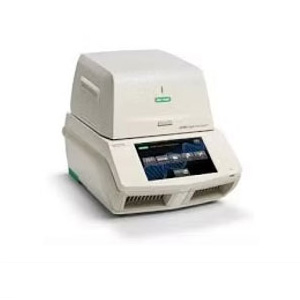RT-PCR (Reverse Transcription Polymerase Chain Reaction) is a laboratory technique used to detect and quantify RNA. It is widely used in molecular biology, genomics, and clinical diagnostics. Here’s an overview of the Usages of RT-PCR and its various applications:

Call Us!
+1-289-315-3639
-
Detection of Infectious Diseases
RT-PCR is used extensively to detect the presence of SARS-CoV-2 (the virus responsible for COVID-19) by identifying the viral RNA in a sample from a patient. It is also used to detect other viral infections like HIV, Influenza, Hepatitis, and Zika virus by identifying viral RNA in blood or tissue samples.
-
Gene Expression Analysis
RT-PCR can measure the expression levels of specific genes by quantifying the amount of mRNA present in a sample.
-
Quantification of RNA
RT-PCR is used for quantifying RNA levels in a sample. This technique can measure the abundance of a specific RNA molecule, which is essential in understanding diseases or studying the impact of drugs on gene expression.
-
Genetic Mutations and Variants Detection
RT-PCR is useful in detecting genetic mutations in RNA. For example, detecting mutations associated with diseases like cystic fibrosis, thalassemia, and sickle cell anemia. It's also used to identify genetic variants in viruses, such as SARS-CoV-2 variants.
-
Diagnostic Tool for Genetic Diseases
In genetics, RT-PCR is used for diagnosing genetic disorders by detecting abnormal expression of certain genes or identifying mutations in RNA. It is particularly useful when the mutation involves changes in the RNA rather than the DNA.
